Content from the Brookings Institution India Center is now archived. After seven years of an impactful partnership, as of September 11, 2020, Brookings India is now the Centre for Social and Economic Progress, an independent public policy institution based in India.
This article first appeared in the Financial Express. The views are of the author(s).
WTO’s 11th Ministerial Meeting ended on December 13 in Argentina, without any negotiated agreement on substantive issues. The Ministerial Decisions taken are on continuing work in certain areas, and renewal of two previously agreed Decisions which have been reiterated every Ministerial meeting. The negotiations on agriculture, including food stockholding, were blocked by the US, the largest global economy and the second-largest agriculture trader in the world. The US made two significant points in the context of this Ministerial. One, that the focus in WTO discussions should be on improving the system. Two, the era of consensus-based multilateral agreements in WTO is over. Now, substantive results are possible only in the form of plurilateral agreements, i.e., agreement among a limited number of members rather than the entire WTO membership. Food stockholding (FS) has been a major focus of India in WTO negotiations. There are two different views in India. One is that we already have the peace clause as a permanent mechanism and thus there is no need to emphasise the permanent solution. A very different view is that if we do not get a WTO permanent solution on FS, it will be a disaster for us. Both these views are not based on a complete consideration of the issues involved.
To read more, please click here.
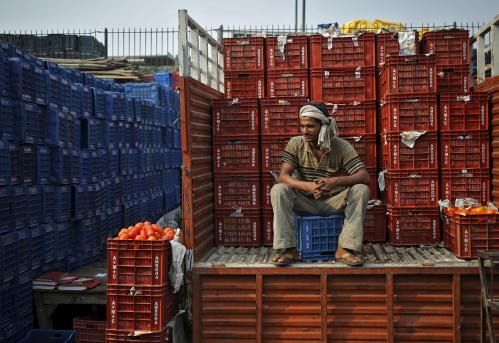

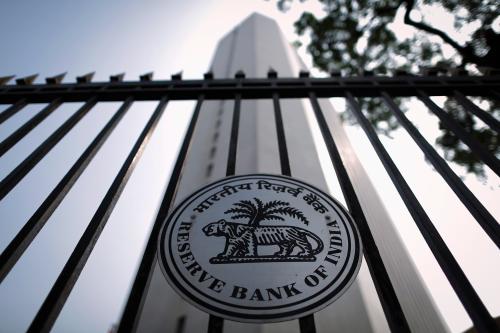
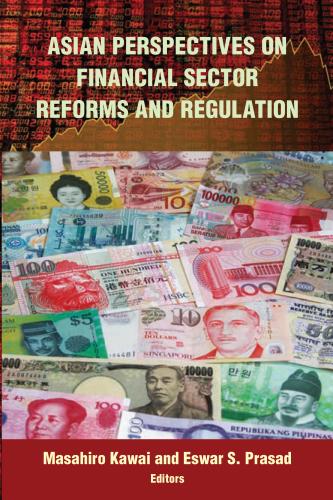
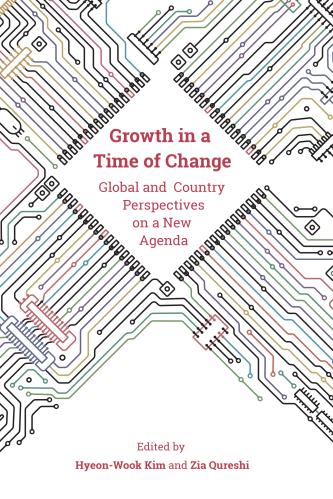



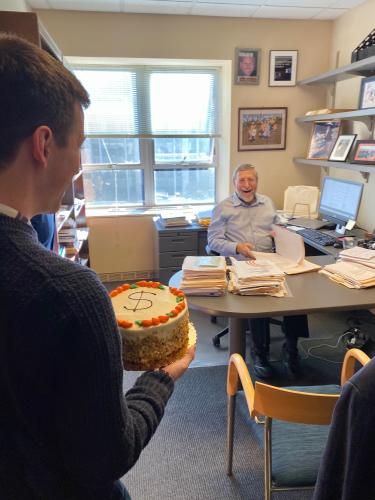

Commentary
Op-edWTO and food stock holding row: Why India must strengthen world body
December 17, 2017